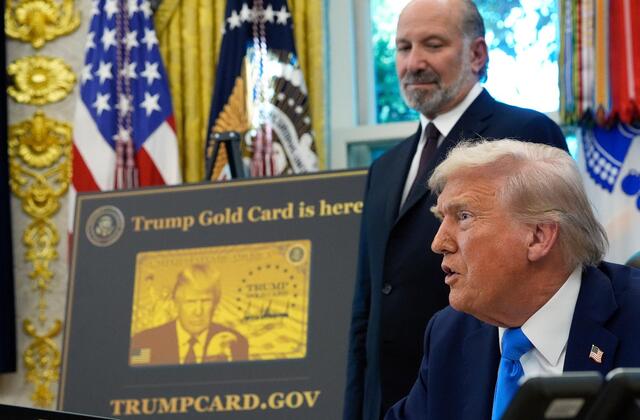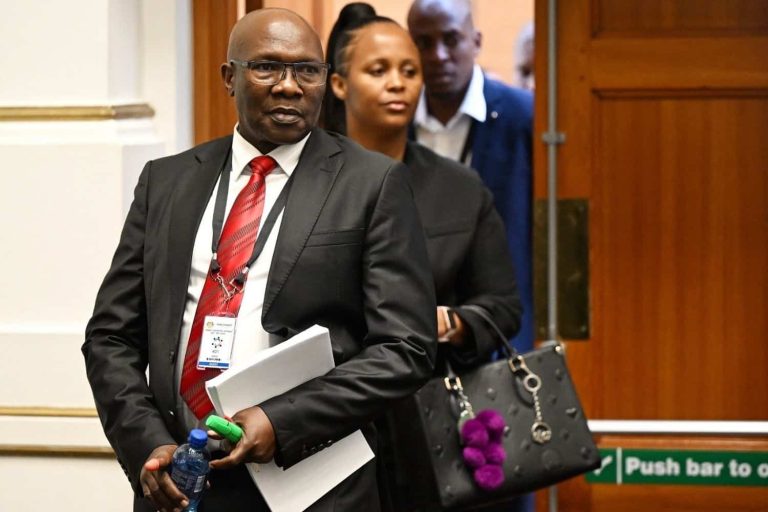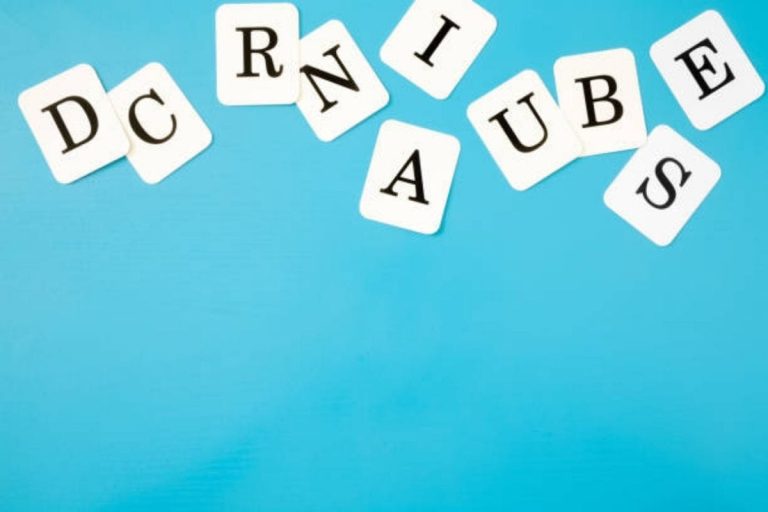
U.S. President Donald Trump has signed a sweeping proclamation dramatically raising the application fee for H-1B visas to $100,000, a move that could send shockwaves through the technology sector, where the visas are a lifeline for skilled foreign workers.
The measure, signed in the Oval Office on Friday, is part of Trump’s broader second-term immigration crackdown and is expected to face fierce legal challenges. It was rolled out alongside a new “gold card” residency scheme, offering permanent US residency to individuals who pay $1 million — or to corporate sponsors paying $2 million.
“The main thing is, we’re going to have great people coming in, and they’re going to be paying,” Trump told reporters as he signed the orders. Commerce Secretary Howard Lutnick, standing beside him, insisted that “all the big companies are on board.”
The H-1B visa program allows US companies to sponsor foreign workers with specialized expertise — particularly scientists, engineers, and software developers. Each year, the US issues 85,000 H-1B visas through a lottery system, with India accounting for nearly 75% of recipients.
Major technology firms have long depended on Indian talent, with workers relocating to the United States or rotating between offices in both countries. Critics warn that the dramatic fee hike could cripple innovation. Even Trump’s one-time ally, Elon Musk, has cautioned against targeting H-1B visas, stressing that America lacks enough domestic talent to fill high-skilled tech jobs.
Trump has been attempting to reshape the program since his first term, previously targeting the types of jobs eligible for sponsorship — efforts that were struck down by the courts. The new strategy instead imposes a steep financial barrier.
According to the proclamation:
The $100,000 fee takes effect Sunday.
The Homeland Security secretary can exempt individuals, companies, or entire industries.
The order expires in one year, though Trump may extend it.
The timing comes as demand for H-1B visas remains high. Under President Joe Biden, approvals peaked in 2022, while rejections surged during Trump’s first term in 2018. In 2024, the US approved roughly 400,000 H-1B visas, two-thirds of them renewals.
Trump also formalized the creation of an expedited residency track:
$1 million for individuals, or
$2 million for corporations sponsoring applicants.
“I think it’s going to be tremendously successful,” Trump said of the new residency-for-investment program.
The orders are likely to set off fierce debate between Trump’s allies, who view the measures as a way to monetize immigration and control entry, and critics, who warn of devastating consequences for America’s tech-driven economy.



